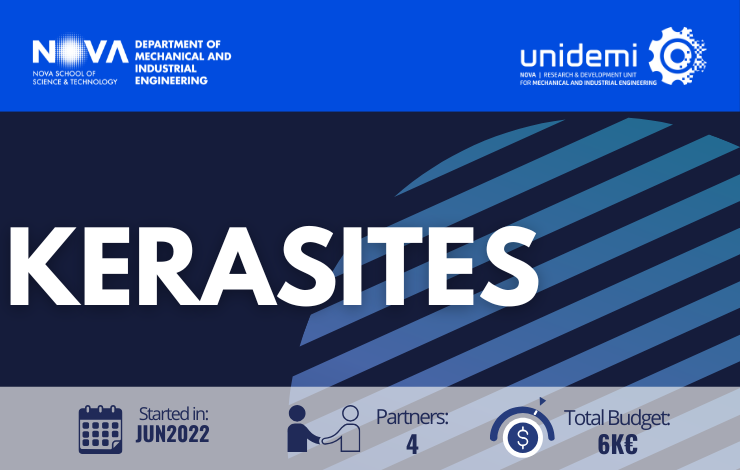
Starting Date: jun 2022
Number of Partners: 4
Total Budget: 6K€
KERASITES was proposed by a consortium that includes UNIDEMI (FCT Nova), CHRC/Nova Medical School and CHBM and ACES Arco Ribeirinho. Keratinocyte cancer (KC) is known for having a high prevalence, however there is little knowledge about it in Portugal.
It is also recognized that primary primary healthcare centers can play an important role in terms of prevention and as first line of response. The exposure to solar ultraviolet radiation (UVR) is the most important risk factor for the development of keratinocyte carcinoma (KC) (Loney et al, 2021).
KC is ranked the fourth higher incidence in the world in 2020 (Sung et al, 2021). SCC increased 310% between 1990-2017, being the highest increase among any neoplasm tracked by the Globafourthhhden of Disease (Urban et al, 2020).
The rising incidence of skin cancer over the years has made it a significant public health issue (Loney et al, 2021). The study comprises four counties of Arco Ribeirinho – Alcochete, Barreiro, Moita and Montijo (land area of 559,98 km2, and a population of 219,359, according to the Portuguese Census 2021). The aim is to estimate the incidence of skin cancer in the population of Arco Ribeirinho and Barreiro-Montijo Hospital Center due to leisure or occupational solar UVR exposure; to develop dynamic capacity building information system for the family physicians about solar UVR exposure and skin cancer prevention, and to promote health education sessions on solar UVR protection and skin cancer prevention to the population registered at the ACES Arco Ribeirinho.
Read more here.